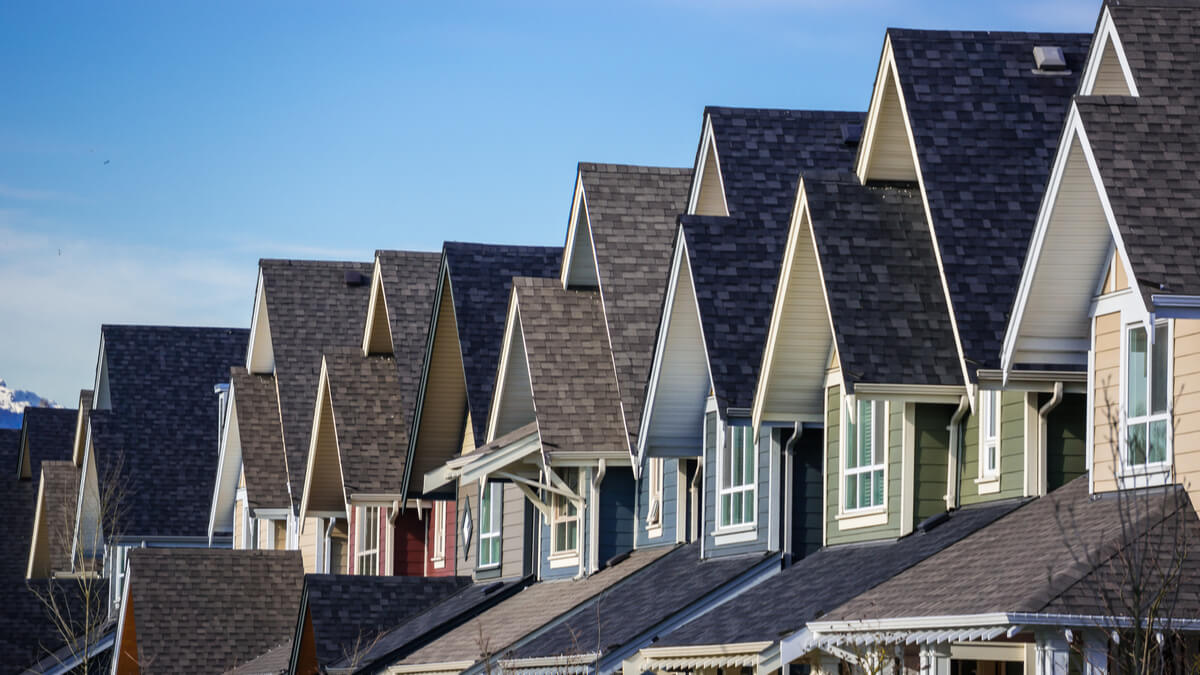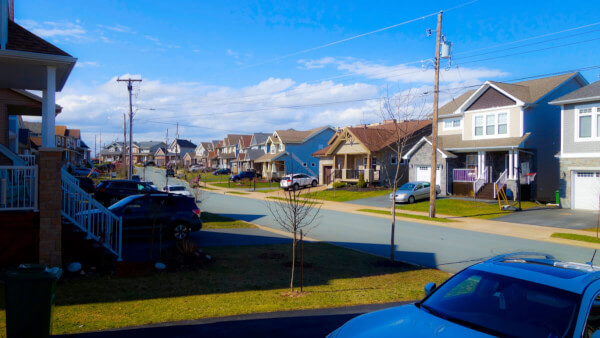A non resident’s guide to buying property in Nova Scotia
If you're hoping to buy property in Nova Scotia, here's a guide to help you make the right choices. Read on to understand the restrictions, the costs and more

Canada is home to large expat communities, as well as many foreigners who enjoy visiting for vacations, or to work or study for a short period. If you’re a non-resident who’d love to call Canada your second home, immigrating but not yet a full legal resident, or if you’re an overseas buyer looking for a smart investment, you might be considering buying a property in Canada.
There are relatively few restrictions on foreign or non-resident buyers who would like to invest in the Canadian property market. However, some areas have additional taxes to pay for non-resident buyers to discourage speculation pushing up property prices. Check out the specifics for the area you’re looking to buy in, as property rules can vary by province. Here’s a broad outline to get you started.
Before you get started, a quick word.
Banks often charge hefty fees for foreign and multi-currency accounts. And if you’ve already tried managing multiple accounts in multiple countries, you know it’s rarely simple.
Wise could help you. With Wise, it’s free to open a borderless multi-currency account without any monthly fees. There, you can manage and send dozens of different currencies all from the same account. All around the world. (Likely, it could be a lot cheaper than your bank.)
Give Wise a try for your next payment
We’ll let you get back to what you came here to read now.
The rules about buying property in Canada can vary from place to place, so you’ll need to double check the exact regulations where you’re planning on buying. In general terms there are no restrictions on foreigners buying homes in Canada - although some provinces do have restrictions on overseas buyers purchasing agricultural or recreational land.¹
Depending on where you’re hoping to buy a property, you may also find that there is an extra fee to pay as a foreign buyer. The Greater Horseshoe Region - Toronto and the surrounding areas - imposes an additional tax of 15% of the value of the property for some foreign buyers. Whether or not this applies to you will depend on your specific circumstance, and in some cases, foreigners who pay the tax - known as the NRST (Non-resident speculation tax) - can later apply for a rebate if they live and work or study in the region, or become permanent residents.² ³
If you’re buying a property to rent out - and don’t intend to become a resident of Canada yourself - you may also have to pay additional taxes.¹ Make sure you get the right professional advice to complete your purchase legally.
Some of the rules for both getting a mortgage and the taxes you’ll need to pay will vary depending on your residency status. It’s important to clarify your official residency status with a professional, as it’s not always simple to determine.
For example, when deciding whether or not you need to pay NRST, you’re a non-resident if you count as a foreign entity. This is not the same as being resident or non-resident for tax purposes. If you’re married to a Canadian citizen or permanent resident, and buying a property together, you may be exempt from NRST, even if you yourself are a non-resident. However, if you’re buying a property along with a group of Canadian friends, the rules may mean that the full NRST amount is levied even though you - as a non-resident - will hold only a small share in the property.⁴
To make sure you don’t get any nasty surprises later, check out your legal residency status for mortgage and tax purposes, early.
To purchase a property in Canada you might need to get a local mortgage. This is perfectly possible, but it is common for banks to require non-resident purchasers to pay large down-payments - 35% of the property value is common. You’re likely to need to prove the source of the funds, which can’t be a gift from another person or company.⁴
You may find that a bank is willing to offer a mortgage with a lower down-payment, if you’re a US citizen or resident buying a first Canadian home to live in, rather than an investment to rent out. A down-payment of 20% may be accepted in this case.⁴
If you want to get a Canadian home loan, you’ll need a Canadian bank account. Most banks will require you to visit in person to set up a bank account with them, which makes it essential to visit Canada as part of the purchase process.⁵
If you bank with a large global organisation already, which has representation in Canada, you may be able to open a Canadian bank account with your existing bank, and avoid needing to visit.
It’s wise to check the exact documents your own bank will need to get your mortgage arranged. Typically, a non-resident will need the following:⁵
When you’re opening your Canadian bank account and getting your mortgage set up, you’ll likely find you need to transfer in money from overseas to get started. Sending an international payment through your normal bank can be very expensive, and take several working days to arrive. Instead, you may be better off using a currency specialist like Wise, for low cost international transfers which use the mid-market exchange rate and charge a simple transparent fee.
Wise payments are made using the mid-market exchange rate - the same one you’ll find on Google - so there are no hidden charges to worry about. You’ll be able to set up your payment online for convenience, and your money is kept safe using bank level security, no matter what currency you’re sending.
The exact fees you pay will depend on a number of factors, including the location and value of the property. Check out the rules about tax and charges for the province you’re buying in, to make sure you know what you need to cover.
Here are some of the most common costs to take into consideration:² ⁵
Buying a property in Canada is a dream for many non-resident foreigners who want a second home, an investment, or somewhere to live fulltime themselves. You’ll find few legal restrictions on buying a place in Canada, even if you’re not resident here - although it may cost more to find your dream home as a non-resident than you’d pay as a citizen or permanent resident. Make sure you check out all the details for the area you want to live in - and don’t forget to choose a safe, low cost service for making international payments when you need to open your bank account and arrange your home’s downpayment. Using a specialist provider like Wise can work out far cheaper than making international transfers with your regular bank - and leave you more to spend on yourself.
Create your free account with Wise
Sources:
Sources checked 12 August 2019
*Please see terms of use and product availability for your region or visit Wise fees and pricing for the most up to date pricing and fee information.
This publication is provided for general information purposes and does not constitute legal, tax or other professional advice from Wise Payments Limited or its subsidiaries and its affiliates, and it is not intended as a substitute for obtaining advice from a financial advisor or any other professional.
We make no representations, warranties or guarantees, whether expressed or implied, that the content in the publication is accurate, complete or up to date.

If you're hoping to buy property in Nova Scotia, here's a guide to help you make the right choices. Read on to understand the restrictions, the costs and more

What are the requirements to get a permanent residency via Express Entry, how much money do you need, and how does it work. Read this article to find out